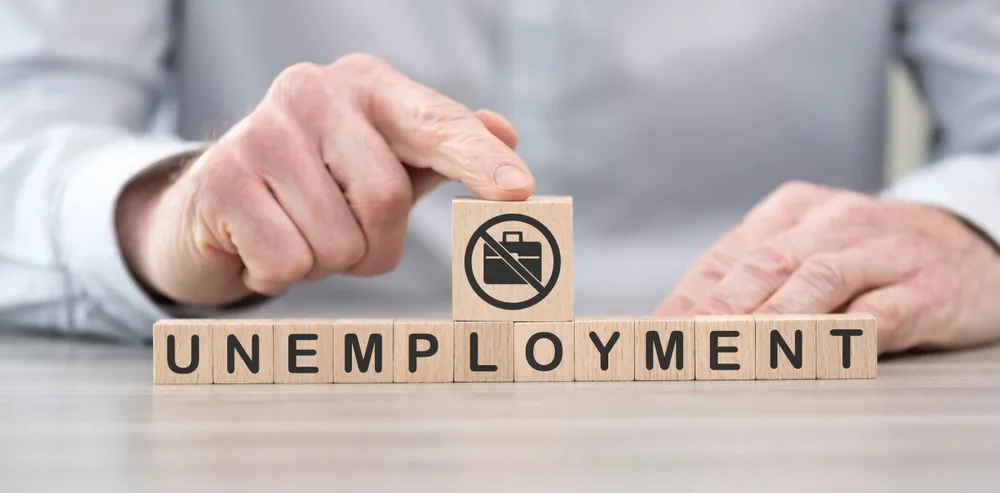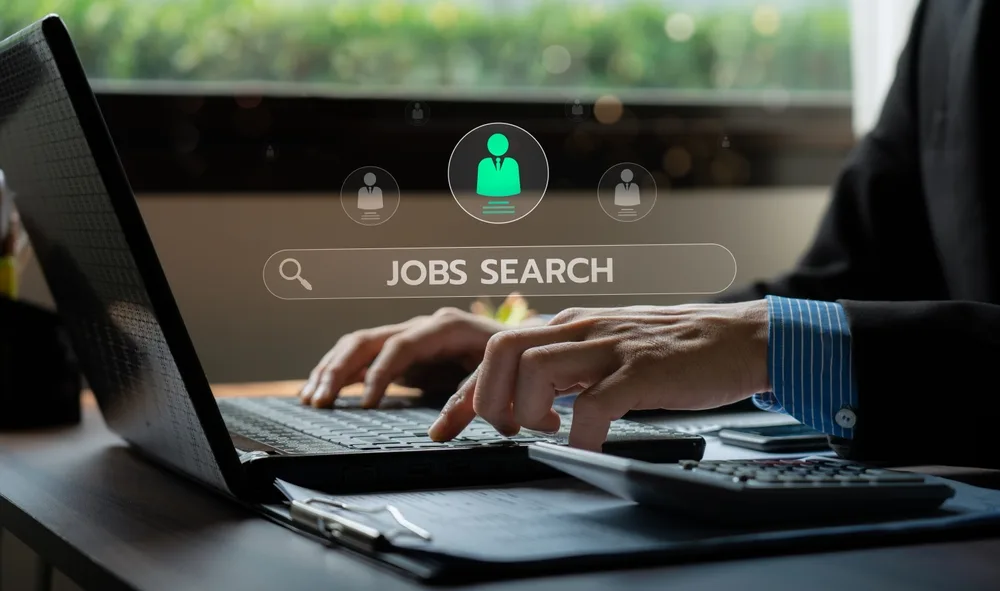
If you drive for a rideshare app, deliver food, or do freelance work, you’re part of the gig economy. Gig work can be flexible and fun, but it can also be unpredictable—especially when jobs slow down or dry up completely. Unlike traditional employees, gig workers don’t always have the same safety nets, like unemployment benefits. So, what happens if your gig jobs aren’t bringing in enough money? Do you have any options?
The good news is that some gig workers can get unemployment help. It’s not always simple, but there are programs that might offer support. Whether you’re a full-time gig worker or just picking up extra cash on the side, it’s important to know what’s available and how to apply. Let’s go over the basics so you can see if you qualify.
Can Gig Workers Get Regular Unemployment Benefits?
Usually, unemployment benefits are for people who were employees before losing their job. Since gig workers are independent contractors, they typically don’t qualify for regular unemployment benefits. That’s because traditional unemployment is paid for by employers through taxes—something gig workers don’t have.
But there are exceptions. Some states have special rules for independent contractors, and some gig workers might actually be misclassified. If a company treated you like an employee—giving you a set schedule or controlling how you worked—you might qualify for regular benefits. It’s always worth checking with your state’s unemployment office.
How to Apply for Unemployment as a Gig Worker
Even if you’re not sure you qualify, it’s always worth applying for unemployment. Some states have flexible rules, and in certain cases, gig workers have been approved. Here’s what to do:
- Check your state’s unemployment website. Every state has its own rules, so start by seeing what’s available in yours. Look for any programs for self-employed workers or independent contractors.
- Gather proof of income. You’ll likely need bank statements, tax returns (like a 1099 form), or payment records from gig platforms like Uber, DoorDash, or Fiverr.
- Explain how you lost income. If a platform cut your hours, a company changed its policies, or demand for your work dropped, you need to explain how it’s affected you financially.
- Be ready for an appeal. If your claim is denied, don’t give up. Many people win unemployment benefits after appealing their case.
What to Do While Waiting for Benefits
Applying for unemployment can take time, and not everyone gets approved. While you wait, here are some ways to stay financially stable:
- Find alternative gig work. If rideshare jobs are slow, try delivery apps, freelance writing, or virtual assistant work. Sites like Upwork, TaskRabbit, or Instacart could provide quick income.
- Check local resources. Some cities offer emergency cash assistance, rent help, or food banks for people struggling with income loss.
- Ask gig platforms about relief options. Some companies, like Uber and Lyft, have hardship programs for drivers who lose work due to accidents or illness.
Waiting for financial help can be stressful, but there are ways to stay afloat in the meantime. Even small steps—like cutting back on expenses—can make a difference. If you’re struggling, don’t be afraid to reach out for support from community organizations or government programs. The most important thing is to keep moving forward and explore every option available to you.
Other Financial Help for Gig Workers
If you can’t get regular unemployment benefits, don’t worry—there are other ways to get support:
- Disaster Unemployment Assistance (DUA): If your gig work was affected by a natural disaster or emergency (like a hurricane or pandemic), you might qualify for this temporary help.
- State-Specific Help: Some states have programs for self-employed people who lose income. Check your state’s website to see if there’s anything available.
- Government and Nonprofit Grants: Some groups offer financial help to freelancers and gig workers in tough times. Look for grants or assistance programs in your area.
- Welfare Programs for Basic Needs: If your income is low, you may qualify for government programs like:
- Supplemental Nutrition Assistance Program (SNAP): Provides money for groceries.
- Temporary Assistance for Needy Families (TANF): Offers cash assistance to families in financial crisis.
- Medicaid: Provides free or low-cost healthcare.
- Low Income Home Energy Assistance Program (LIHEAP): Helps with utility bills.
- Housing Assistance (Section 8): Offers rental assistance for low-income individuals.
These programs can help gig workers cover basic expenses while they look for more stable work. Each has different rules, so check your state’s requirements to see if you qualify.
How to Protect Yourself as a Gig Worker
Since unemployment benefits aren’t guaranteed for gig workers, it’s smart to prepare ahead of time. Here are some ways to build your own safety net:
- Save when work is good. Since gig income can be unpredictable, setting aside money during busy times can help when work slows down.
- Look into private unemployment insurance. Some companies offer insurance that pays out if you lose income. It’s not free, but it could be an option.
- Know your state’s rules. Some states are changing laws about gig work and unemployment. Staying informed can help you plan ahead.
- Keep records of your income. If you ever need to prove lost earnings (for unemployment or other aid), having good records will make the process easier.
Being a gig worker means freedom, but it also means fewer protections. Knowing what’s available—and planning ahead—can help you stay financially secure, no matter what happens.
The Future of Gig Workers and Unemployment
The conversation about gig workers and unemployment is changing. Some states are pushing for laws that would give gig workers more protections, including unemployment benefits. In California, for example, Assembly Bill 5 (AB5) tried to reclassify many gig workers as employees, which could have made them eligible for benefits. Other states are watching closely and considering similar moves.
The bottom line? If you rely on gig work, stay informed about changing laws. Future programs could offer more financial security for independent workers. In the meantime, knowing your options—and preparing for income gaps—can help you stay afloat when work slows down.







